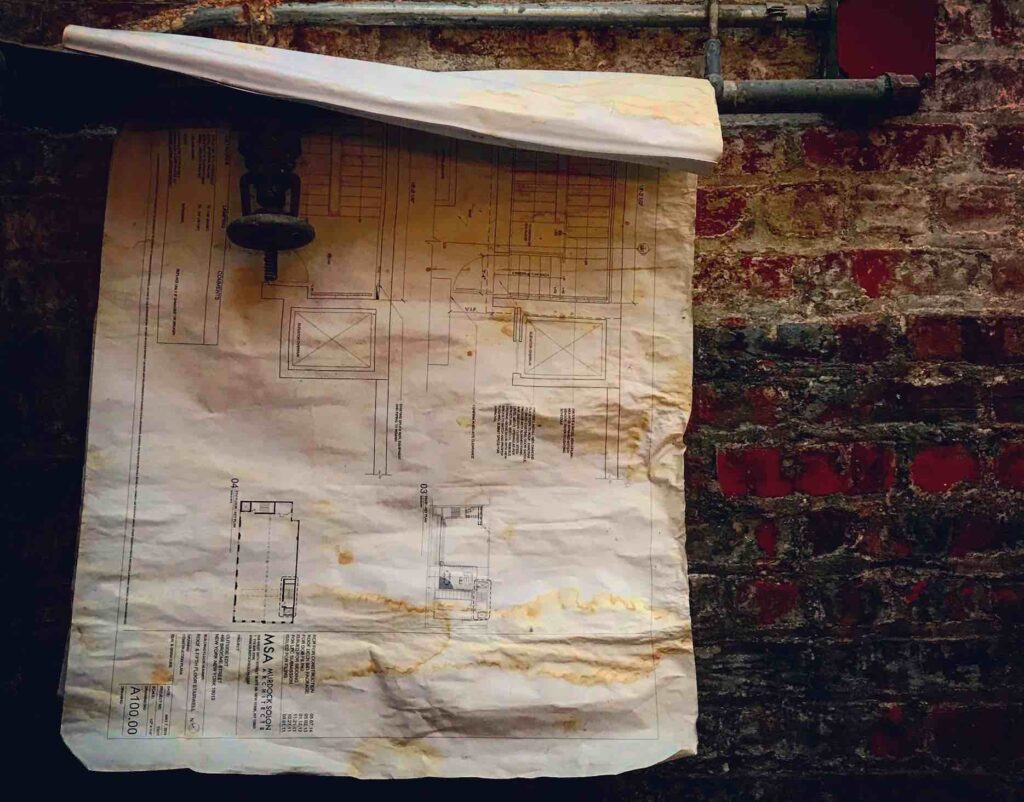Over thirteen yearsexperience in the industry
We can offer aMarket comparison
Accepted bymajority of high street banks
Recognised byUK Finance
How a Case Officer Can Help You Navigate Your First Planning Application
If you’re considering submitting your first planning application, understanding the role of the case officer can lead to a smoother and more successful application experience. The case officer is critical in ensuring your application is reviewedcorrectly and smoothly. Let’s break down who they are, what they do, and how they fit into the planning process.
Who Is a Case Officer?
A case officer is a planning professional assigned by the local planning authority to oversee your planning application from start to finish. Their role is crucial in ensuring that the application process follows all planning regulations and policies.
An excellent case officer possesses strong communication skills, impartiality, attention to detail, and technical knowledge of planning policies. These qualities help them guide applicants effectively and ensure the process runs smoothly.
When Is a Case Officer Assigned?
After you submit your planning application, the local council will first validate it. This involves making sure that all the required documents, forms, and fees have been provided. Once your application has been validated, it will be registered officially. At this point, a case officer is assigned to your application. Typically, this happens within a few days to a couple of weeks, depending on how quickly validation can be completed. You can help speed up validation by ensuring all documents, forms, and fees are complete and correct before submission.
What Does a Case Officer Do? (Understanding these responsibilities helps you see the importance of each step and how it contributes to a smoother process.)
The role of the case officer is central to the planning process. Here are the key responsibilities they take on and why they are important for your application:
- Initial Review and Validation: The case officer ensures all information is complete and sufficient to proceed with the assessment.
- Before submitting your application, it’s beneficial to engage in pre-application discussions to identify potential issues early. Learn more about Key Aspects of Pre-Application Discussions
- Consultation Management: The case officer arranges for relevant parties to be notified about your application. This includes statutory bodies, like environmental agencies and your neighbours, who can comment or raise objections.
- Consultation is an important part of the planning process, allowing local stakeholders to provide feedback. Learn more about Why Planning Applications Go to Public Consultation
- Site Visit: In most cases, the case officer will conduct a site visit. This is important for assessing the impact of the development on the surrounding area and understanding your property and any possible impacts of your proposed development.
- Assessment Against Policies: They will assess your proposal against local planning policies, national guidelines, and any other relevant regulations to determine if it meets the requirements for approval.
- Reporting and Recommendation: The case officer will prepare a report outlining the application’s details, including a summary of any objections or support received. They will also provide their professional recommendation to approve or refuse permission. For smaller applications, the case officer might make the decision directly. However, a planning committee often decides larger projects, those with significant public interest, or complex issues. In these cases, the planning committee, made up of elected councillors, reviews the case officer’s report and makes the final decision in a public meeting.
- The case officer’s report will determine your application’s status as it progresses through the planning process. To understand more about the different stages, read our guide on Understanding the Planning Application Status
Why Understanding the Role of the Case Officer Helps You
Knowing that a case officer is there to guide your application through the system can help set your expectations. They act as your point of contact throughout the process, answering questions and keeping you informed. The case officer also plays an impartial role in evaluating your application against planning policies—this impartiality ensures a fair assessment, which can help build trust in the process. If your application faces delays, it’s essential to maintain open communication with your case officer to understand and resolve any issues promptly.
Local councillors can also play a role in the planning process, particularly if the planning committee is considering your application. Councillors can represent the local community’s views and may support or raise concerns about your application.
Tips for Working With Your Case Officer (These tips are crucial
for improving your chances of a successful outcome and ensuring a smoother process.)
- Be Responsive: If your case officer requests additional information, try to provide it promptly to avoid delays.
- Ask Questions: Don’t hesitate to ask your case officer if you’re unsure about any part of the process. They are there to help you understand what is needed.
- Consider Feedback: If the officer identifies potential issues with your application, consider revising your plans to address them. This can improve your chances of approval.
Summary
Every planning application is assigned a case officer, who plays a key role in guiding it through a decision. By understanding their role and working with them effectively, you can help ensure your application is processed as smoothly as possible. For example, effective communication with your case officer—such as promptly providing requested information—can help resolve potential issues early and lead to a successful outcome. From managing consultations to assessing your proposal against policies, your case officer ensures all aspects are properly considered.
If your planning application takes longer than the standard 8-week period, you have the right to contact your local planning authority to inquire about the delay. Sometimes, you may agree to an extension with the case officer if the application is complex or further information is required. Alternatively, if there is no satisfactory progress, consider appealing to the Planning Inspectorate.
Be Prepared
If you’re about to submit your first application, being prepared and knowing what to expect from your case officer can make a big difference in how comfortable you feel throughout the process. You may also find it helpful to explore resources like the Planning Portal, which provides guidance on submitting planning applications, or consult with a planning consultant if you need further assistance.
For more information, please contact Ed or Kelly on 01284 365345 or email ed@granitebw.co.uk / kelly@granitebw.co.uk.
Copyright © 2025 Granite Building Warranties
Supported by Fox 360 Ltd
Granite Building Warranties Ltd is an Appointed Representative of Richdale Brokers & Financial Services Ltd which is authorised and regulated by the Financial Conduct Authority.
Granite Building Warranties is a company registered in England and Wales (Company Number 11497543) with its registered office at 1st Floor, 5 Century Court, Tolpits Lane, Watford, WD18 9PX

